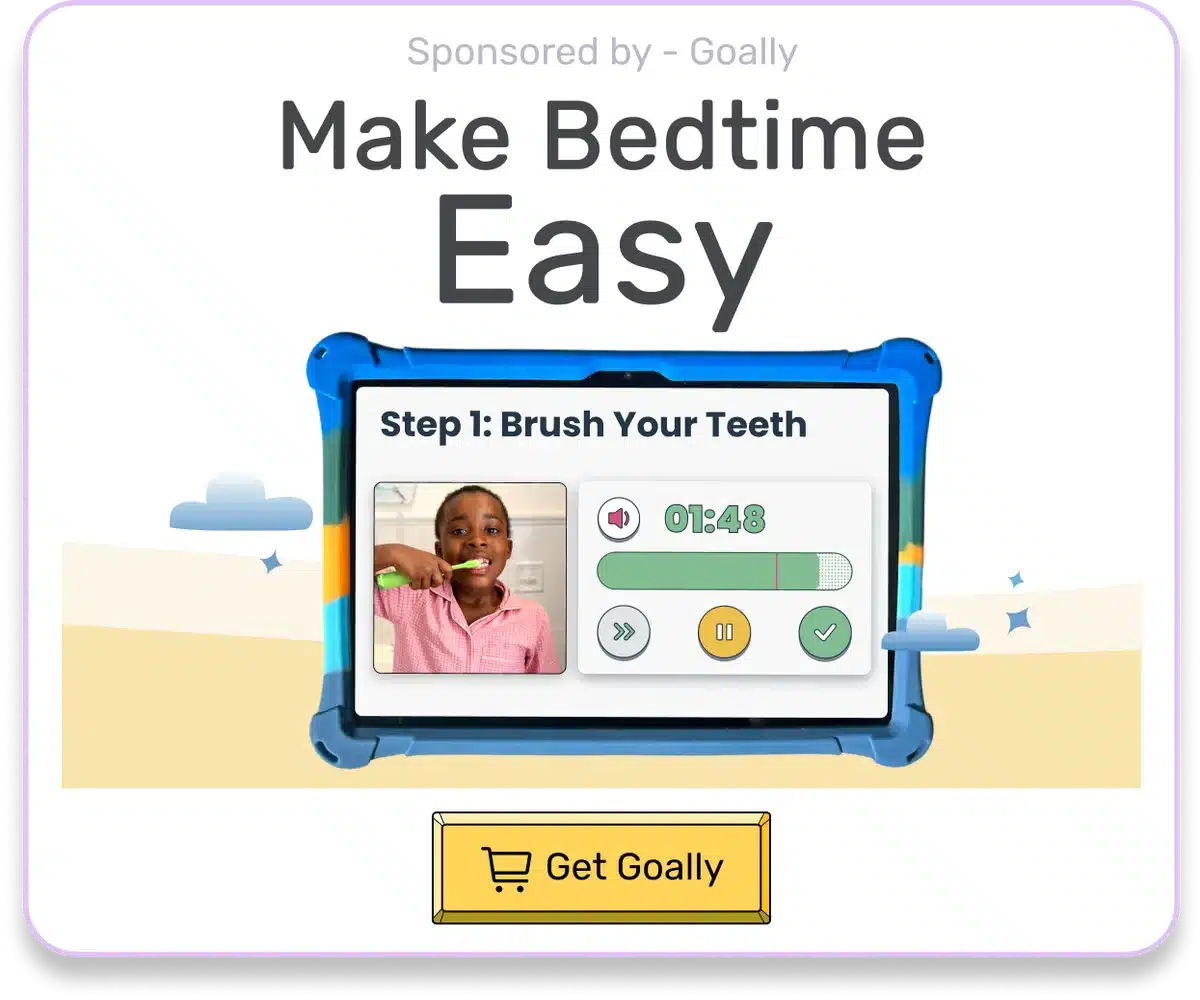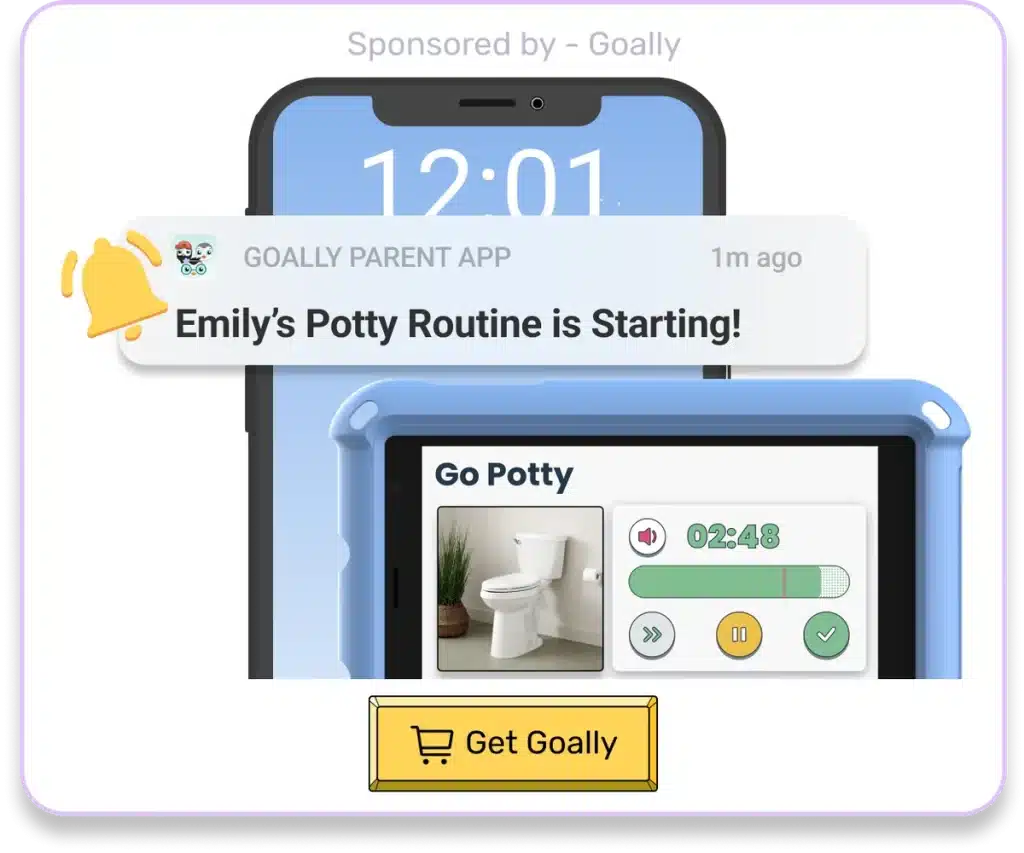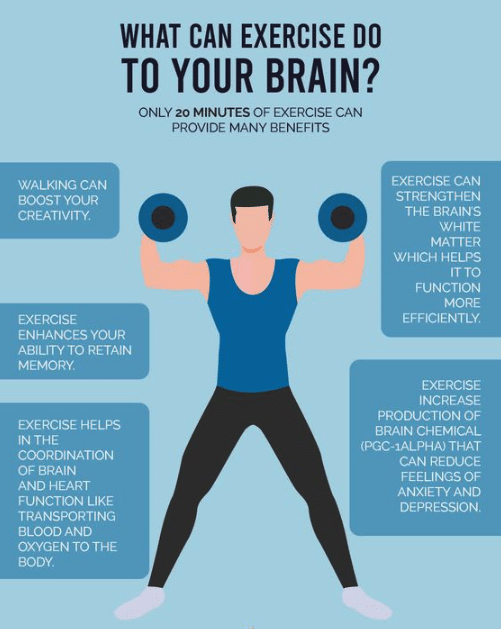Parenting can feel like navigating an intricate maze. You’re not just a parent; you’re a guide, a cheerleader, a teacher, and so much more. One of your many roles involves figuring out how to exercise your child’s brain. You might wonder, “Why is brain exercise important?” or “How can I make it fun and engaging?” Well, you’re in the right place. This guide is your roadmap to understanding and implementing brain exercises for your child.
Table of Contents
Step 1: Brain-Boosting Foods
When we think about how to exercise our brain, we often overlook the role of nutrition. Like the rest of the body, the brain needs fuel to function optimally. Certain foods are particularly beneficial for brain health.
- Omega-3 fatty acids in foods like salmon and walnuts are essential for brain health.
- Antioxidants, which you can get from berries and leafy greens, protect the brain from damage.
- Complex carbohydrates, found in whole grains and legumes, provide a steady energy source for the brain.
Step 2: Regular Physical Activity
Exercise isn’t just for muscles; it’s a brain booster too. Physical activity increases blood flow to the brain, which helps improve cognitive functions. But how can you encourage your child to be more active?
One way is to make exercise fun. This could be a family bike ride, a dance-off in the living room, or a game of tag in the backyard. Another option is to incorporate physical activity into their daily routine with Goally, a learning tablet for kids that can help set and track exercise goals.

Step 3: Adequate Sleep
Think of sleep as the brain’s time to recharge and consolidate everything it has learned during the day. It’s crucial for memory and learning. But getting a child, especially a neurodivergent one, to sleep can be a challenge.
Establishing a consistent bedtime routine can help. This could include calming activities like reading a book, turning off electronic devices an hour before bed, and creating a sleep-friendly environment. Goally can also assist in setting a consistent sleep schedule for your child.
Step 4: Love for Reading
Reading is like a workout for the brain. It improves vocabulary, enhances concentration, and stimulates the imagination. But how can you foster a love for reading in your child?

Read more: What Does Neurodivergent Mean?
Start by finding books that align with their interests. Whether it’s dinosaurs, superheroes, or fairy tales, there’s a book for every child. Then, make reading a regular part of their routine. You could read together before bed or set aside a ‘quiet reading time’ during the day.
Step 5: Brain-Training Games
Games aren’t just for fun; they can also be a great way to exercise the brain. Puzzles, memory games, and brain-training apps can all help boost cognitive skills. But remember, the goal is to make it enjoyable for your child.
Read more: Exercise Chart for Kids | Free Printable
Goally offers a variety of brain-training games that are not only fun but also tailored to the needs of neurodivergent kids. This way, your child can exercise their brain while having a blast.
Step 6: Mindfulness and Meditation
Mindfulness and meditation might seem like adult concepts, but they can also be incredibly beneficial for kids. They can help improve focus, reduce stress, and promote a sense of calm. But how can you introduce these practices to your child?

Read more: Autism and Exercise
Start with simple, kid-friendly mindfulness exercises. This could be a ‘breathing buddy’ exercise where your child lies down with a stuffed animal on their belly and watches it move up and down as they breathe. Gradually, you can introduce more structured meditation practices.
Step 7: Social Interactions
Social interactions are a vital part of brain exercise. They stimulate various areas of the brain and help develop essential social skills. But for neurodivergent kids, social interactions can sometimes be challenging.
Encourage your child to engage in social activities that they enjoy. This could be playdates with friends, joining a club, or participating in team sports. Remember, the goal is to make social interactions fun, not stressful or overwhelming.
Goally | Routines that Actually Work
Goally’s skill building tablet for kids has routines that break down large tasks into small, achievable steps. It helps kids complete their tasks independently!

Create custom routines with your own videos & pictures for every step. The steps come in small, bite-sized pieces to help your child learn the little fundamentals (like putting the toothpaste on their toothbrush!) to achieve bigger goals. And that’s just the beginning. See it in action:
Armed with these steps, you’re now ready to help your child exercise their brain effectively. Remember, every child is unique, and what works for one might not work for another. Be patient, consistent, and supportive. Most importantly, make the process enjoyable for your child. After all, a happy brain is a healthy brain!
FAQ’s About How to Exercise Your Brain
Why is it important to exercise your brain? Brain exercise helps keep your mind sharp, improves memory, focus, and problem-solving skills, and may even reduce the risk of cognitive decline. How can I give my brain a workout? Try activities like learning a new language, playing strategy games, solving puzzles, reading, or taking up a creative hobby. Do brain training apps work? Some studies suggest brain training apps can improve specific cognitive skills. However, it's important to choose reputable apps and combine them with other brain-boosting activities for the best results. Can physical exercise help my brain? Yes! Physical exercise increases blood flow to the brain, improves mood, and promotes the growth of new brain cells. How often should I exercise my brain? Aim for regular mental challenges throughout the week. Even short bursts of brain-stimulating activities can be beneficial over time.
This post was originally published on 09/08/2023. It was updated on 03/21/2024.

Goally
We help parents teach their kids life skills, like doing bedtime and morning independently. Backed by science, we incorporate evidence-based practices and expert-informed designs in all of our apps and content.






